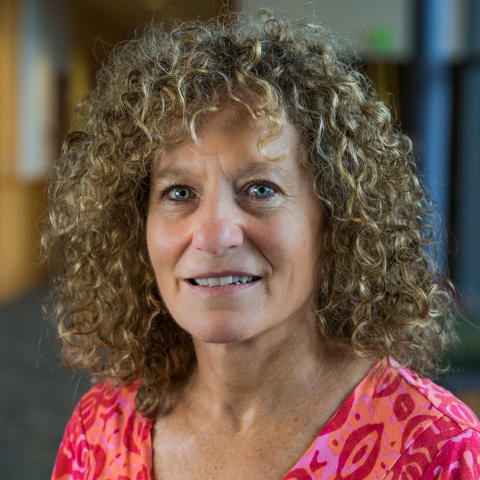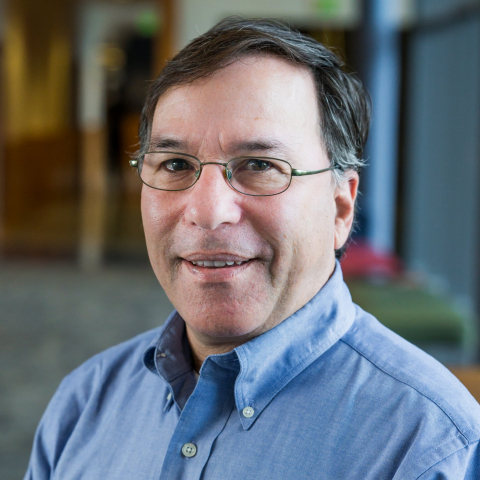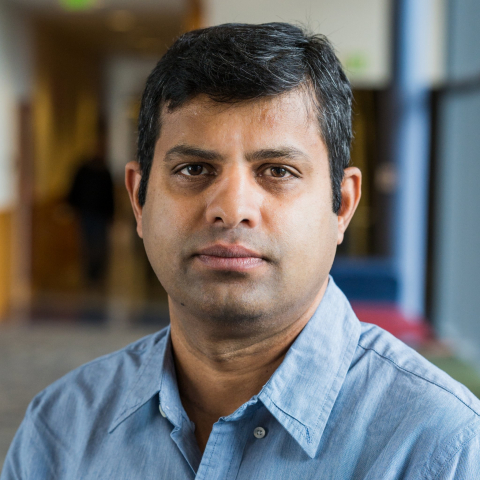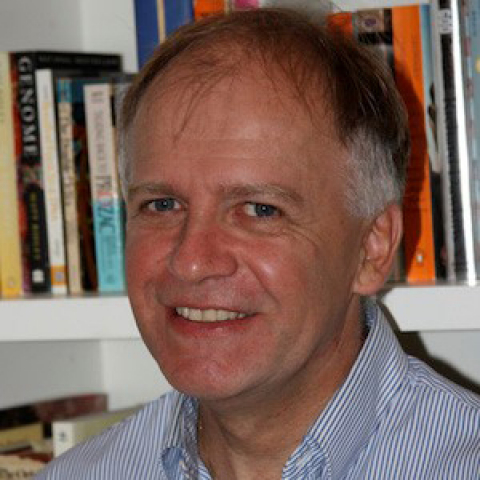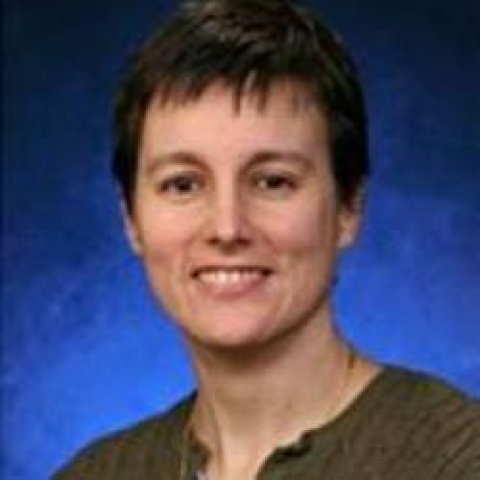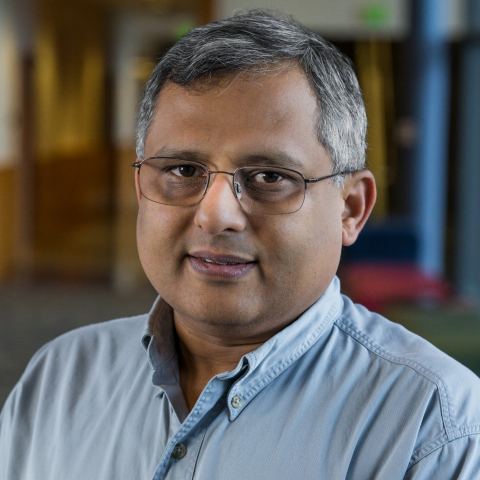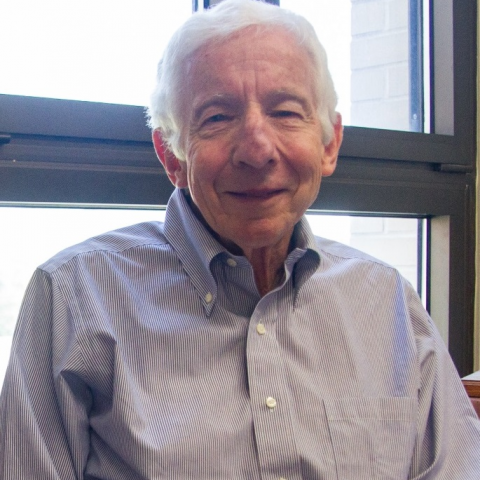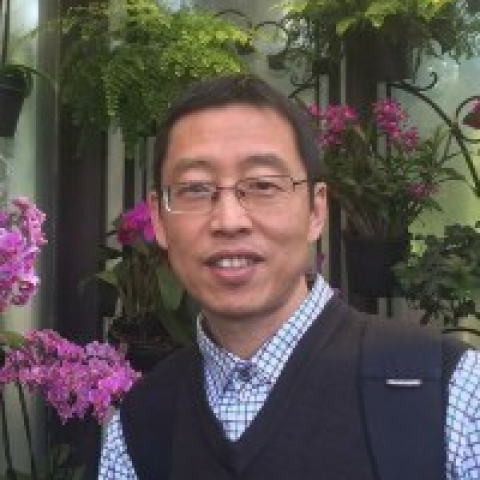19 People Results for the Tag: Knockout Mice
Margherita Cantorna
Director of the Center for Molecular Immunology and Infectious Disease; Distinguished Professor of Molecular Immunology
Understanding the working of the immune system. Utilizing animal models of several human diseases including enteric infections and inflammatory bowel disease to determine the cellular targets and molecular signals by which dietary components regulate immunity.
Center for Infectious Disease Dynamics
Adam Glick
Emphasis Area Representative, Cancer Biology; Professor of Molecular Toxicology and Carcinogenesis;
The role of Transforming Growth Factor-beta in cutaneous inflammation and cancer development, and how the immune system responds to epithelial cells with activated oncogenes such as Ras. Signaling pathways that regulate senescence of premalignant epithelial cells and how cells escape from oncogene-induced senescence.
Center for Infectious Disease Dynamics
Girish Kirimanjeswara
Emphasis Area Representative, Immunology and Infectious Disease; Associate Professor of Veterinary and Biomedical Science
Establishing the Virulence Factors
Center for Infectious Disease Dynamics
Bernhard Luscher
Emphasis Area Representative, Neurobiology; Director of the Center for Molecular Investigation of Neurological Disorders; Professor of Biology, Biochemistry and Molecular Biology
Function of GABAergic synaptic transmission in health and disease, with emphasis of stress based psychiatric disorders such as major depressive disorders and mechanisms of antidepressant drug action
Douglas Cavener
Huck Distinguished Chair in Evolutionary Genetics; Professor of Biology; Former Dean, Eberly College of Science
Regulation of protein synthesis and control of translation initiation of mRNAs in higher eukaryotes and the evolution of tissue specific transcriptional regulation.
Pamela Giblin
Professor of Immunology
The role of receptor tyrosine kinases in normal physiology and disease progression; the downstream signals that mediate these responses in vivo and in vitro.
Kumble Sandeep Prabhu
Professor of Immunology and Molecular Toxicology
Molecular mechanisms by which bioactives such as selenium, omega-3 fatty acids, and other products of natural origin alter the host response and immune function in inflammation and cancer
Stephen Benkovic
Evan Pugh University Professor and Eberly Chair in Chemistry
